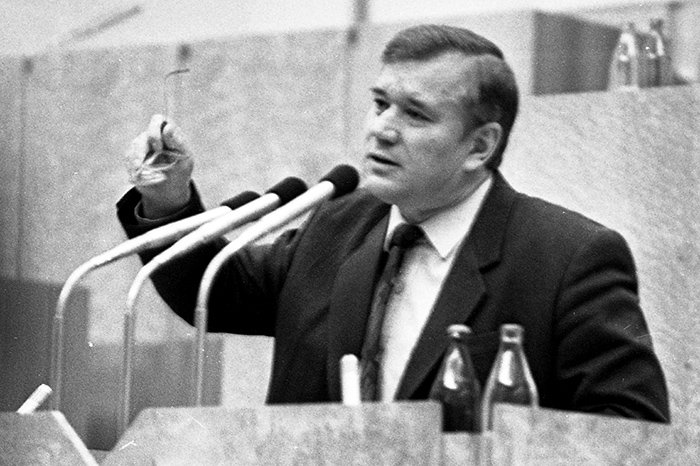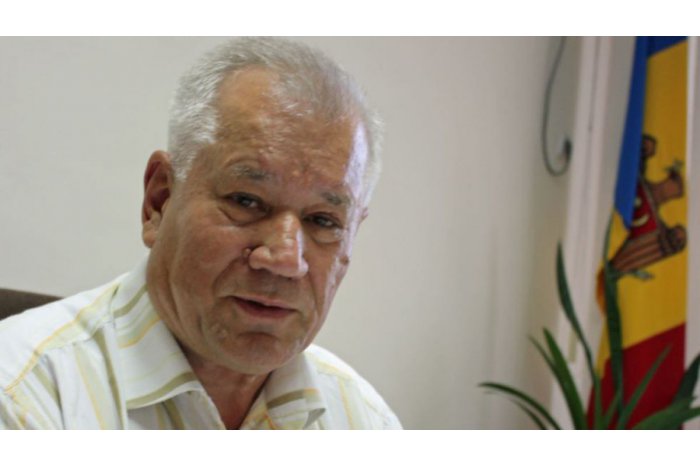Moldova: 25 years of independence
16:55 | 01.08.2016 Category: Political
The MOLDPRES State News Agency launches a string of interviews with outstanding personalities of the country, on the occasion of the 25th anniversary of the proclamation of Moldova’s Independence.
Victor Puscas: “Independence has an irreversible character”
Victor Puscas, deputy speaker of Moldova’s parliament in 1990-2994, ex-president of the Constitutional Court, knight of the Order of the Republic
MOLDPRES: After declaring the Independence, Moldova was able to follow three ways of development: independent, unionist or closely dependent on the Commonwealth of Independent States (CIS, Eurasian Union in the new version). Should we start from the very beginning, what path would you choose?
Puscas: I am firmly sure that the Moldovan people would choose the same path – Independence. All opinion polls and referendums confirm this conclusion. For instance: the referendum from 1994 was held nationally to establish whether the country should conserve its independence and national integrity. A single question was put: “Are you for Moldova to develop as an independent and unitary state within the recognized borders on the day of proclamation of Moldova’s sovereignty (23 June 1990), to promote the policy of neutrality, to maintain mutually advantageous economic relations with all states of the world and guarantee its citizens equal rights, in line with the norms of the international law? “
About 75 per cent of the residents participated in the plebiscite, and 95.4 per cent of them said YES, i.e. were for strengthening the independence.
During years, Moldova has developed as a sovereign and independent state. It established political and economic relations with most states of the world. It is a member of the most prestigious international organizations: United Nations Organisation, Council of Europe, etc. The sovereignty and independence of Moldova is recognized by more than 150 states worldwide.
Our people, from the historical point of view, was part more states; Turkey, Russia, Romania, Soviet Union, and made sure that freedom is the dearest of all. Thus, I am firmly sure that, should a referendum be held on consolidating the sovereignty and independence, most residents would vote for. I personally believe that independence has an irreversible character.
MOLDPRES: What future do you see for Moldova?
Puscas: Presently, the country’s population is dispersed: some see it as part of Romania, the others would not be against the re-establishment of the Soviet Union under different forms. Yet, everything depends on the management of political affairs by the political establishment, on each of us individually, to do something for the prosperity of the state and people.
There are real possibilities. Each of us, citizens of this state, should be aware of the dignity which belong to us since birth, to develop autonomously, freely, so that we do not stay with the stretched hands begging from the state and limit to the maximum the influence of the state in our affairs.
During years, the architects of the independence replaced the principle “you can do only what the law allows you to do” by the principle “abstaining from what is banned by the law and allowing the free development.”
If we want to reach living standards specific to, for instance, Germany or France, then we must work and organize our life as the citizens or these countries. The future of our state could be seen in this way.
(Reporter A. Mardare, editor L. Alcaza)


